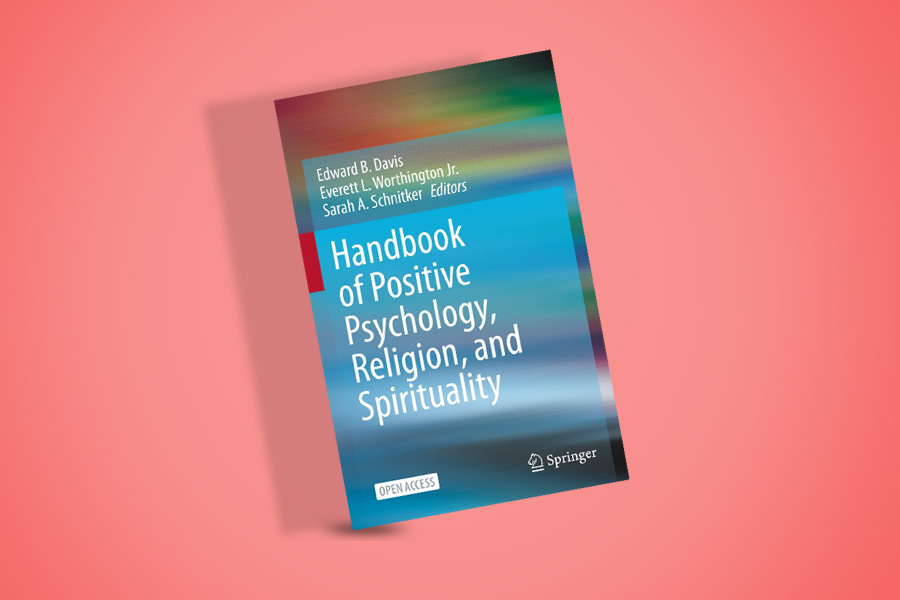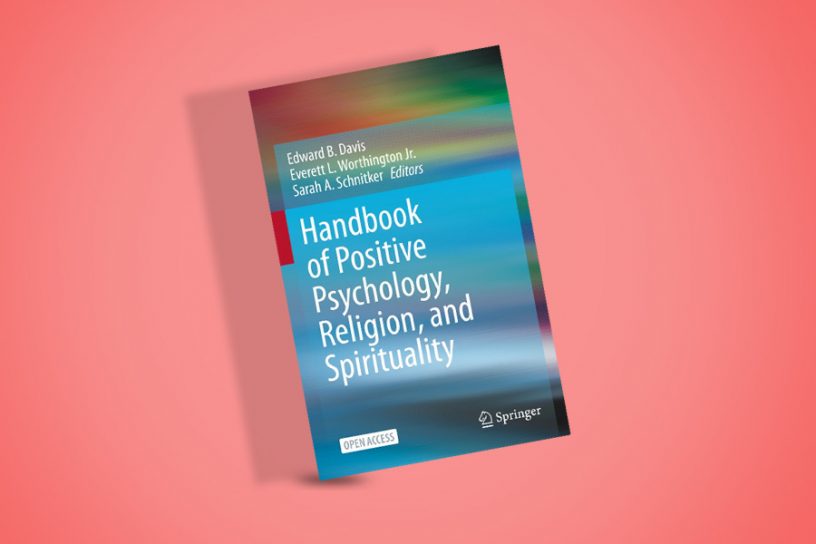
In this chapter, the authors begin by explaining Hinduism’s core beliefs and tenets that guide daily living.
Authors
Kamlesh Singh, Department of Humanities and Social Sciences, Indian Institute of Technology Delhi, New Delhi, India
Mahima Raina, Jindal School of Psychology and Counselling, O.P. Jindal Global University, Sonipat, Haryana, India.
Doug Oman, School of Public Health, University of California, Berkeley, California, USA
Summary
Hinduism encompasses considerable heterogeneity within its many schools of thoughts and practice. However, the common thread that binds these multiple perspectives is this handbook’s main topic of inquiry—human well-being and happiness.
Hindu thought has always deliberated on the process, nature, conditions, and practices that lead to a fulfilled life. In this chapter, we begin by explaining Hinduism’s core beliefs and tenets that guide daily living.
Many extant psychological publications on Hinduism explicate psychological ideas embedded in tradition. We draw comparisons between the Hindu worldview and broadly Western-based positive psychology concepts like well-being and the self. The chapter also expands on select Hindu models of human flourishing.
The chapter further explains the recent empirical evidence on Hindu constructs, including well-being enhancing strategies, in relation to several positive psychology constructs such as well-being and flourishing. Finally, in the light of the reviewed empirical evidence, we discuss some directions and recommendations for future research at the intersections of Hindu religious literature and positive psychology.
Published in: Davis, E.B., Worthington Jr., E.L., Schnitker, S.A. (eds) Handbook of Positive Psychology, Religion, and Spirituality. Springer, Cham.
To read the full chapter, please click here.


